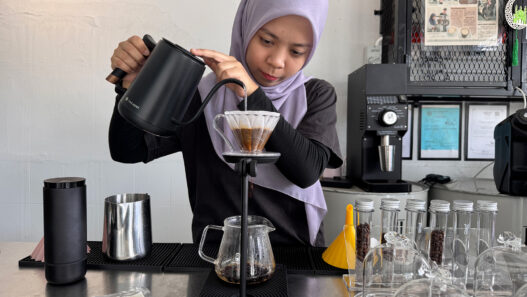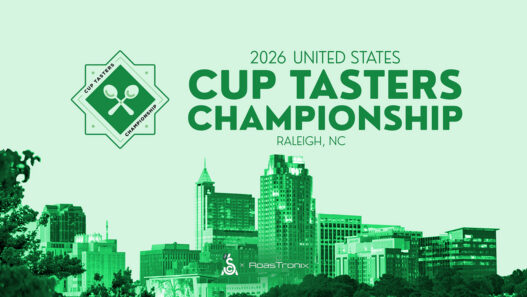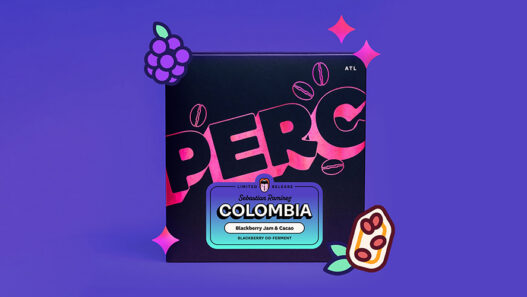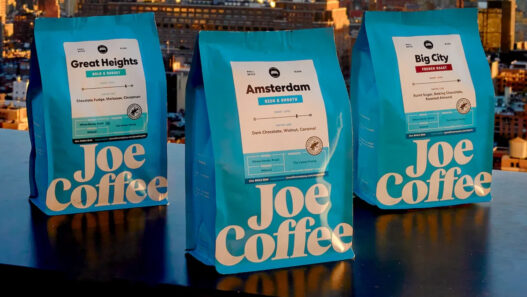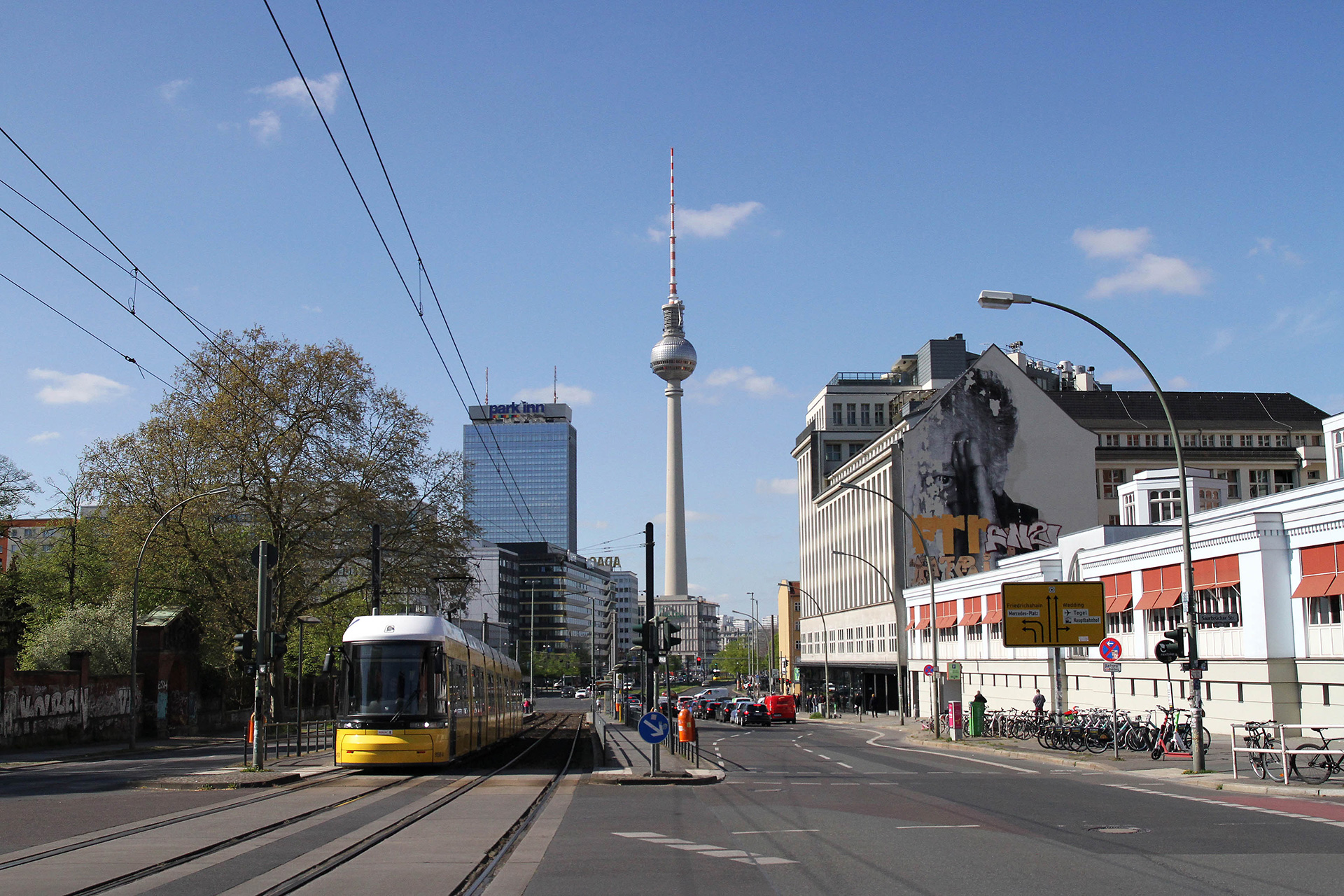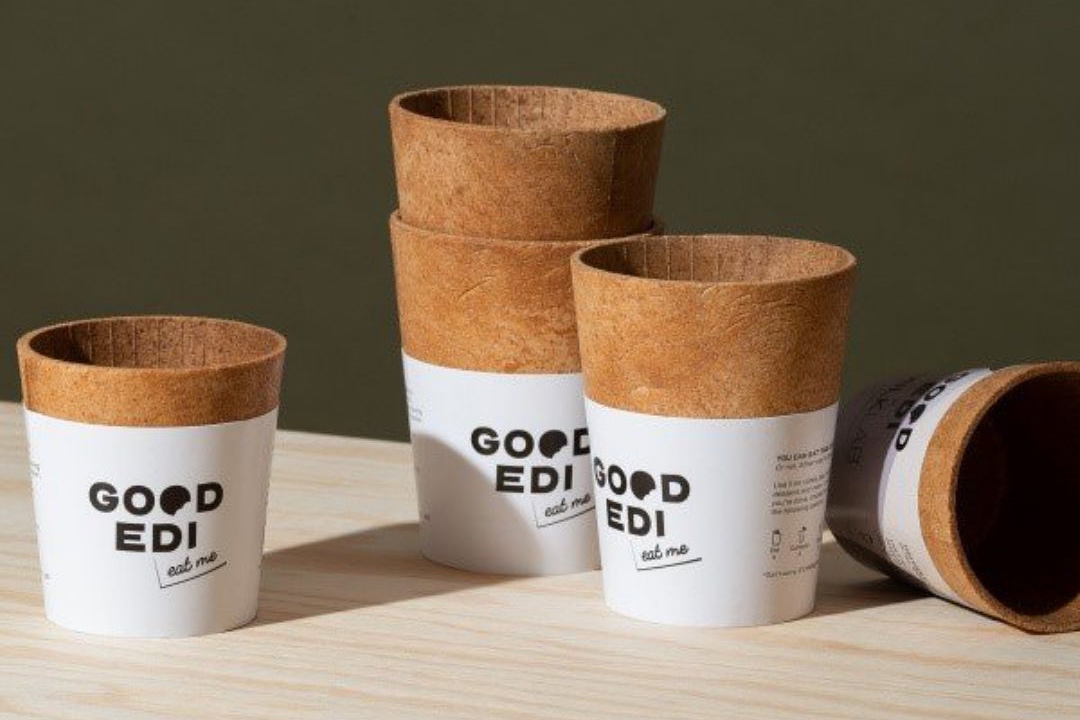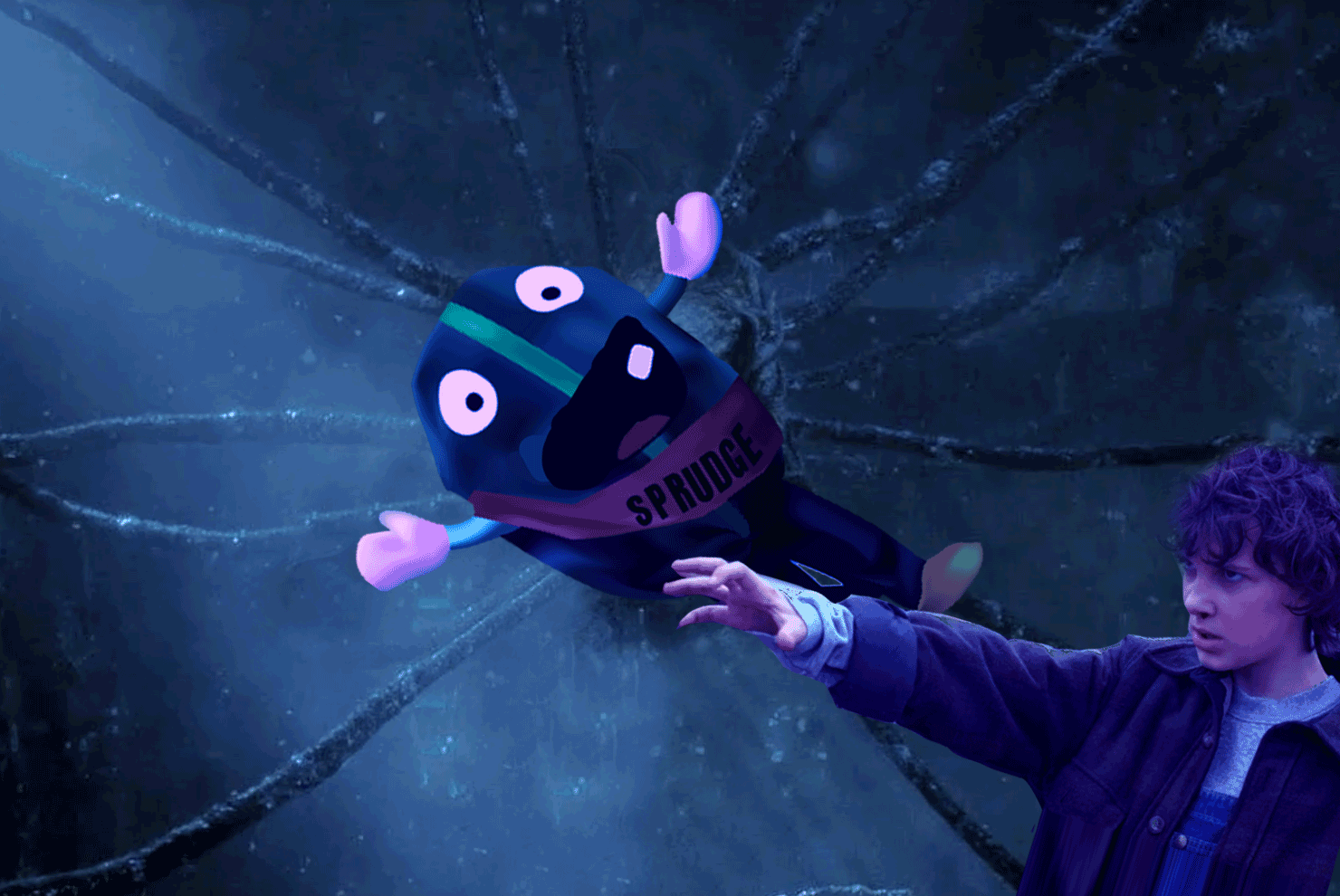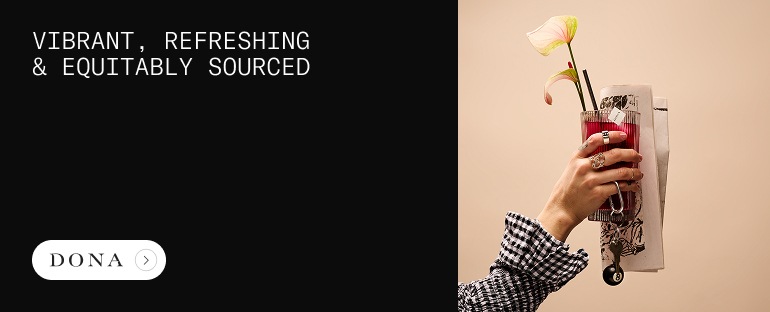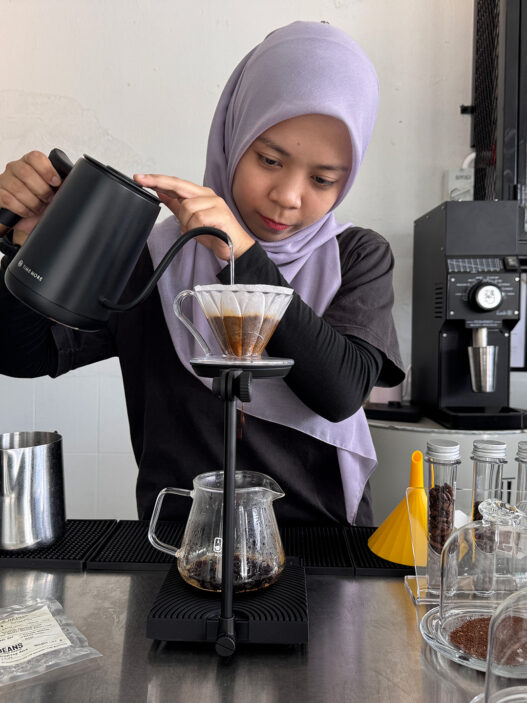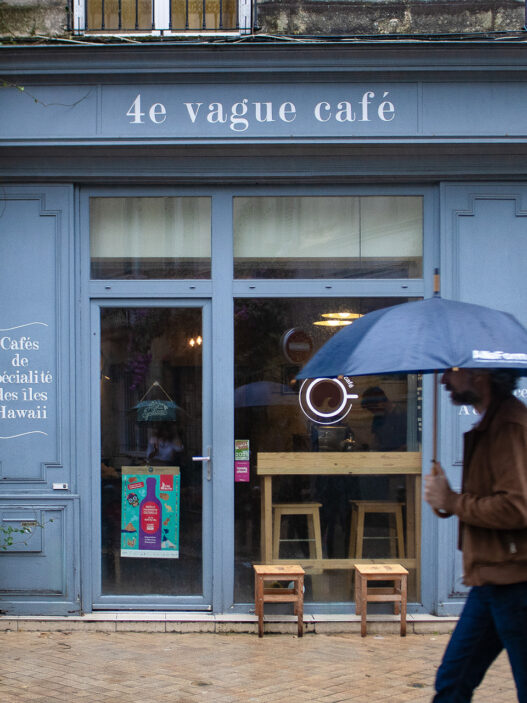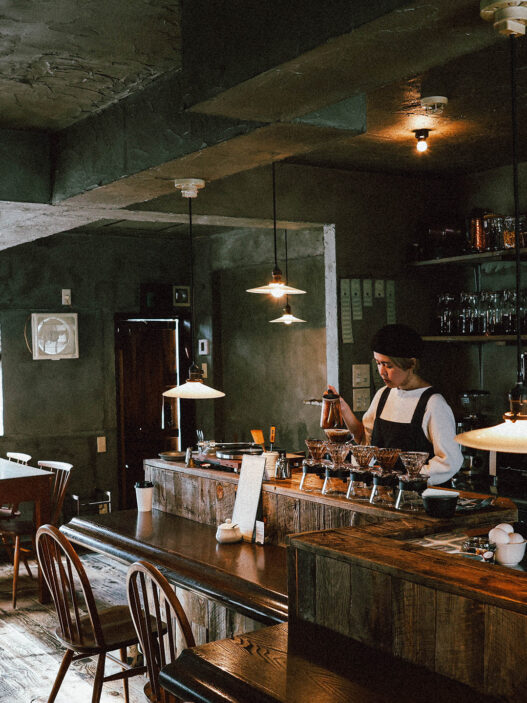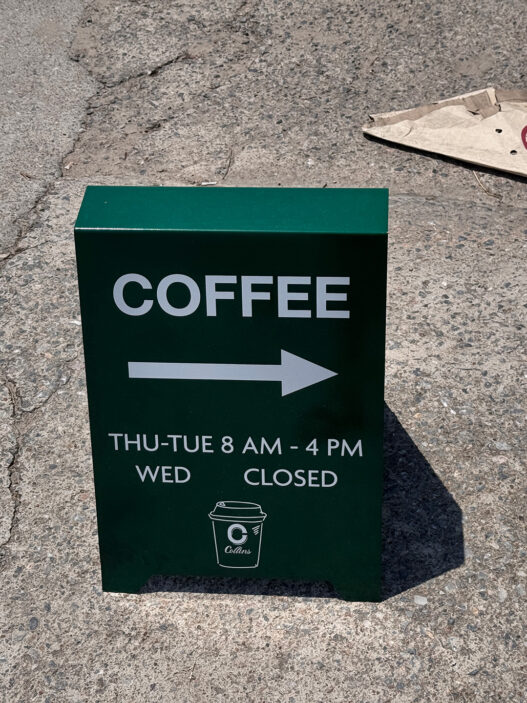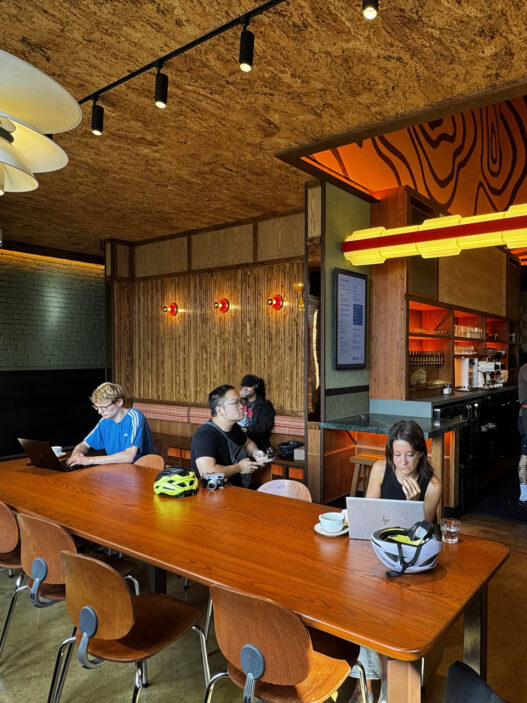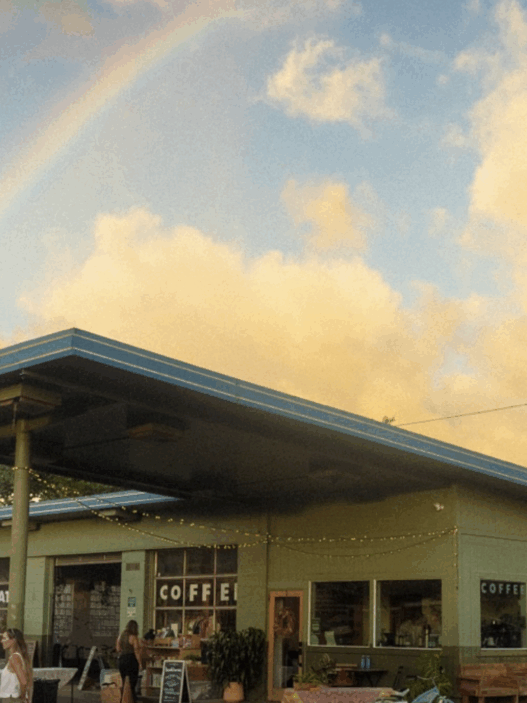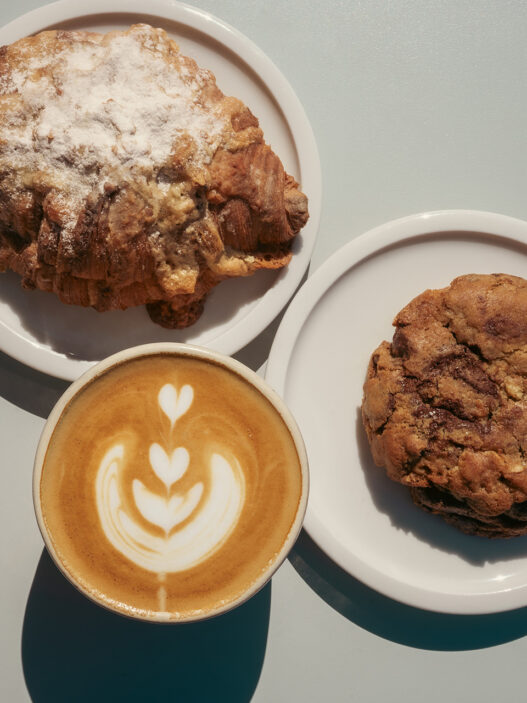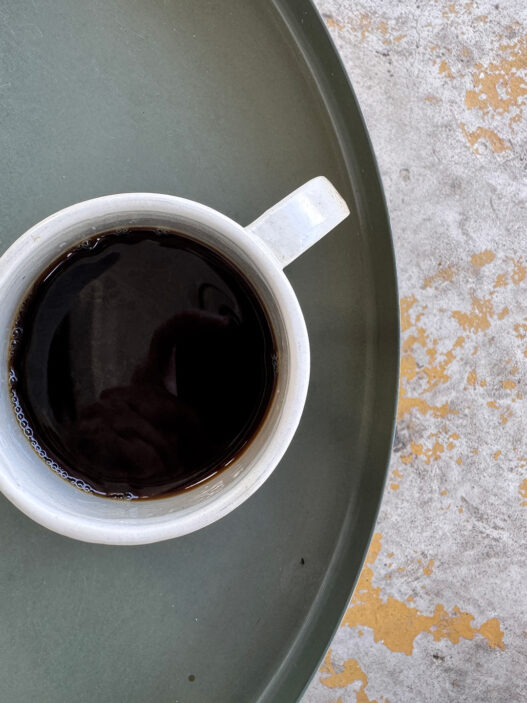Berlin is like an urban coffee festival, seven days a week. German coffeehouse vibes, beans imported directly from Vietnam, Czech comfort food from the old country, and cafes drawing on influences from America, Australia, Scandinavia, Turkey and beyond: whatever you’re looking for, you’ll find it here, in one of Europe’s great modern coffee cities.
Sprudge has published Berlin coffee guides over the last decade, including neighborhood-specific guides, new cafe guides, post-COVID guides and more. Those past features have showcased many of the city’s biggest names for coffee. Now we want to offer another style of guide, a deep dive into the unique international offerings that make the German capital so great. Consider this a trip off the beaten path, featuring cafes you might not already be familiar with.
Explore our world of Berlin cafe coverage with more guides on Sprudge!
- 5 Great New Cafes in Berlin (2020)
- Coffee Guides to Mitte, Prenzlauer Berg, and Kreuzberg (2016)
- The Sprudge Guide to Berlin Volume 1 (2014) and Volume 2 (2015)
Now that we’re in the post-pandemic world, things are picking up and the city is thriving once again. There’s no better time to explore what Berlin has to offer—especially with its first-class public transportation system. Whether you’re a local looking to discover new coffee shops or a traveler hoping to experience Berlin’s vibrant culture, the city’s excellent transit system makes it easy to get where you need to go. And with our Berlin coffee guide in hand, you’re sure to find the perfect spot to enjoy a delicious cup of coffee along the way.
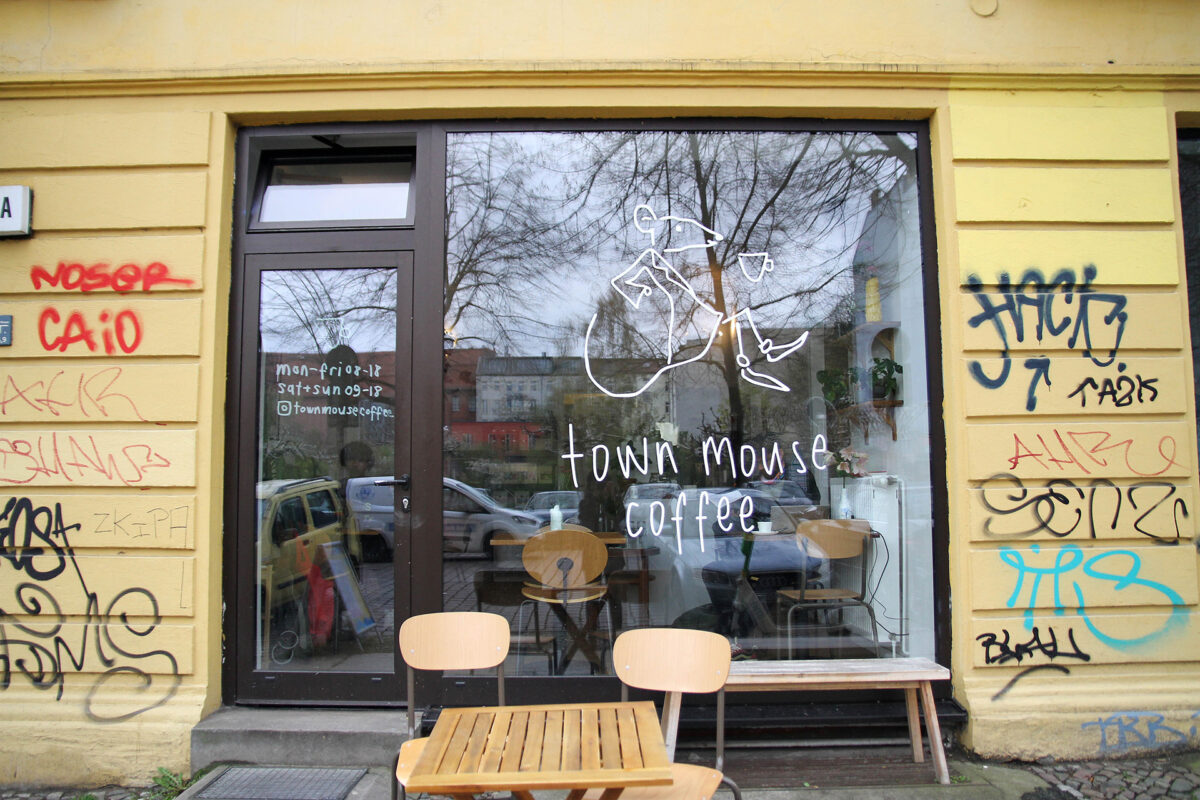
Town Mouse Coffee
First on the list is Town Mouse Coffee. Located in still-trendy Prenzlauer Berg, the cafe opened in summer 2021 right in the middle of the bustling neighborhood. Sebastian Daly, Town Mouse Coffee owner, said that he was a bit wary to open just one year after the worst of Covid, but it was worth the risk. A sleek, white Dalla Corte Evo 2 espresso machine and a batch brewer are the coffee workhorses. The beans are supplied by four Berliner roasteries: 19grams, August 63, Miles Coffee Design, and Sincerely.
Hailing from New Zealand, Daly was excited to share his sandwiches which are one of the inspirations for the name of the cafe. He says, “we wanted to make ‘Mouse Traps,’ which in New Zealand are grilled cheese and marmite sandwiches.” Here in Berlin, they do different takes with local ingredients sourced from nearby shops: think blue cheese, walnuts, and apricot jam or a vegan version with smashed peas, walnuts, pickled onions, and dukkah.
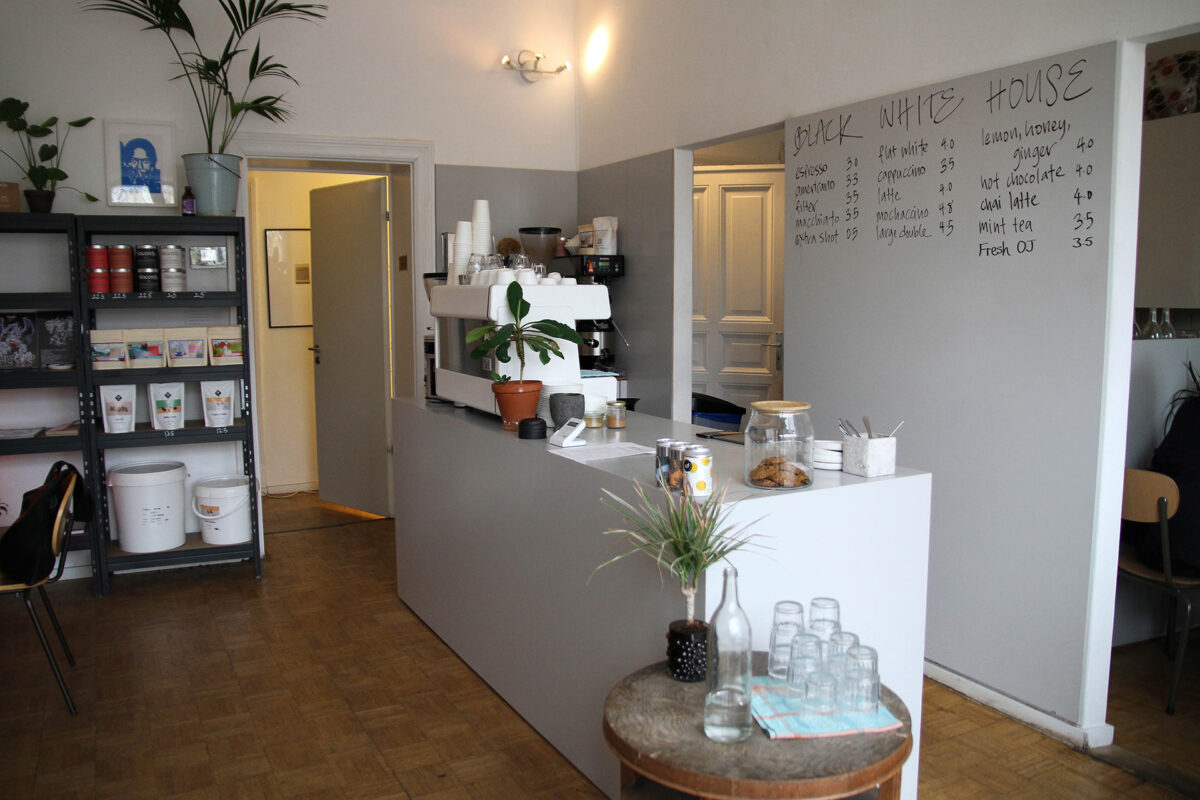
Another reason for the “Town Mouse” name goes much deeper. Daly says that the name was chosen from one of Aesop’s fables about the town mouse and the country mouse. “Essentially the moral is to be content with what you have and appreciate the simple pleasures in life.” We agree.
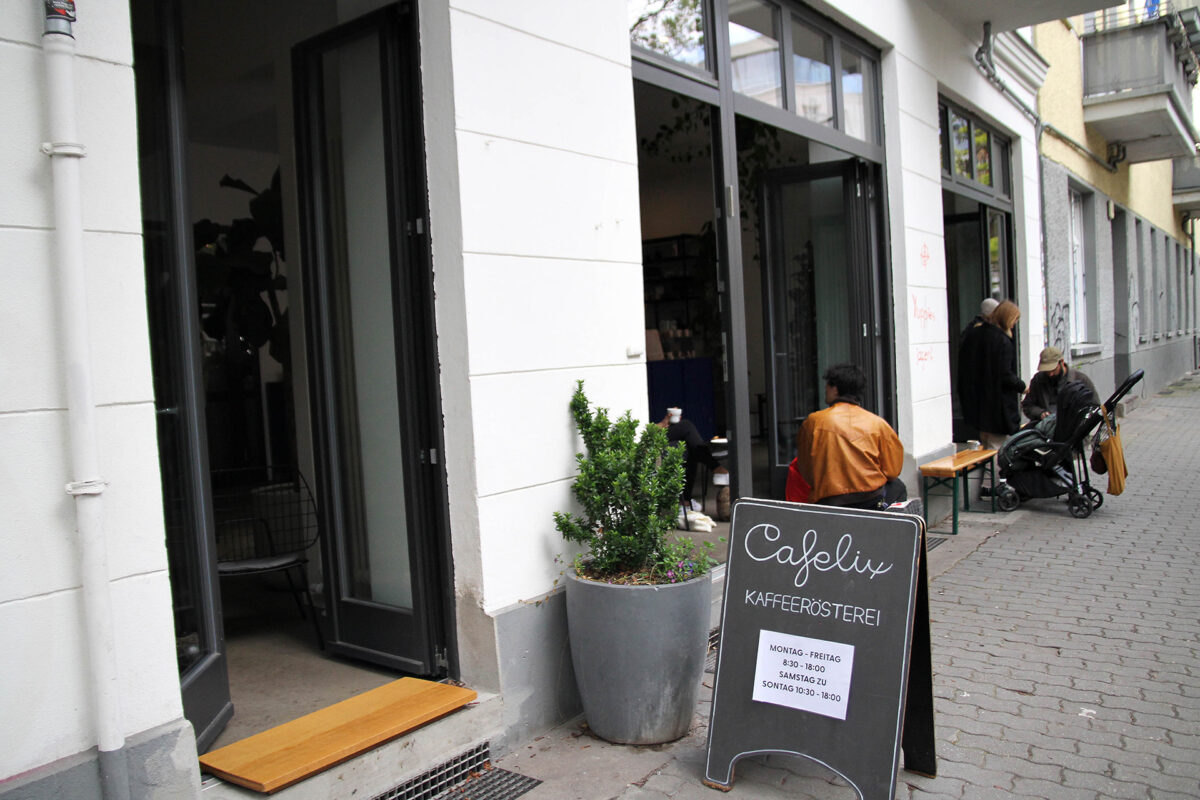
Cafelix
Next on the list is a cafe right around the corner, called Cafelix. Only this time we’re headed to Israel.
Cafelix is both a roastery and coffee shop that opened in the sleepy part of the Winskiez neighborhood in 2019. This is the first branch outside of Tel Aviv, where there are already two branches. Yael Schäfer moved to Berlin with her family shortly before opening the roastery and cafe where they wanted to bring a part of their culture to Berlin. The Berlin location echoes Tel Aviv with Kosher goods, which Yael says are baked in-house since it’s harder to source a reliable Kosher supplier in Berlin. The pastries are Middle Eastern influenced and feature ingredients like dates, pistachios, and sesame seeds.
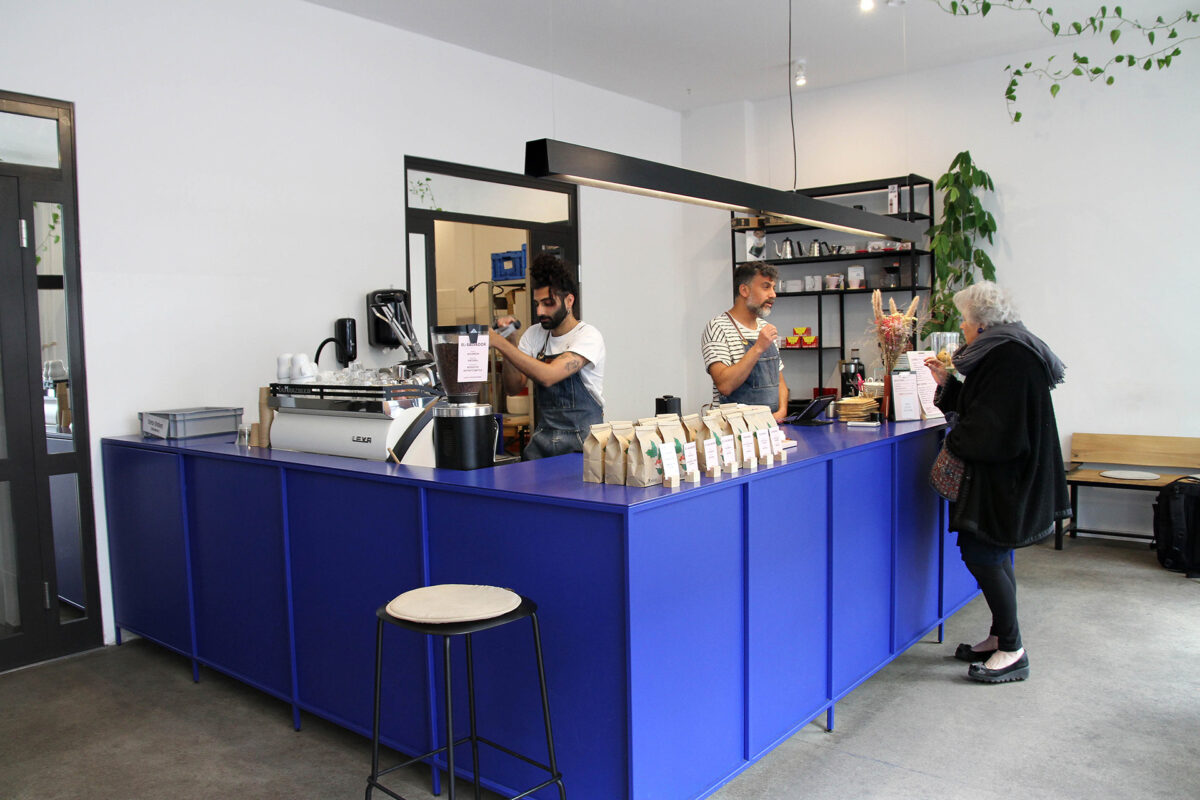
Coffee drinks here are made with a La Marzocco Leva and beans are ground in Mahlkönig grinders. Since Cafelix also roasts their beans, they use a renovated German-built five-kilo roaster from the 1950s. As soon as you walk into the cafe, off to the side you can see piles of bags of raw coffee beans that will soon be showcased on the menu. Schäfer says the relationships she forges with the coffee farms are of utmost importance. It’s not about getting the best price or always finding new producers; it’s about the quality of the beans and the care that the farmers put into their product. “We buy coffee from companies that invest in the coffee growing communities,” Schäfer says.
One of these producers is El Salvador’s Rodolfo Ruffatti Batlle, whose 60 year old farm has been steadily supplying Cafelix with beans for a few years now. Other beans are sourced from Africa and other Latin American countries, where quality is once again at the forefront. Cafelix has created a little community right on this quiet street, where regulars are greeted by the friendly baristas who remember you. It’s no wonder they keep coming back for their next cup.
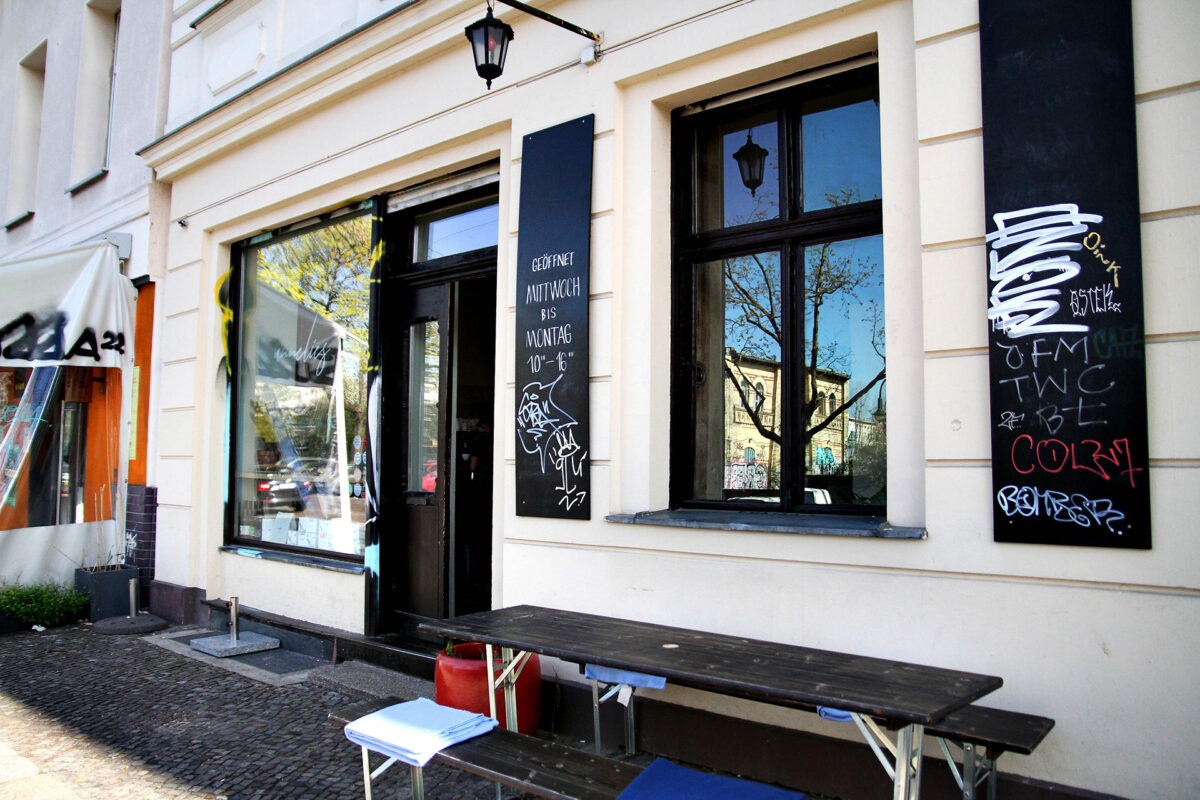
Annelies
Hopping on the U-Bahn (or subway) and venturing south to Kreuzberg, we head to Annelies. Right on the border of Görlitzer Park, a park well-known by locals, Annelies welcomes nearby coffee seekers who are also looking for a bite to eat. Annelies offers a lot more than coffee, where you’ll find all-day breakfast and lunch on offer like eggs, pancakes, and granola bowls. Later in the day, you can also opt for a glass of natural wine. Locals flock here for the brunch fare but the coffee is also a main draw. With beans supplied by Danish roaster La Cabra, the coffee drinks are some of the best in the area. It’s one of the more scenic places to sit outside on a sunny day and enjoy your coffee.
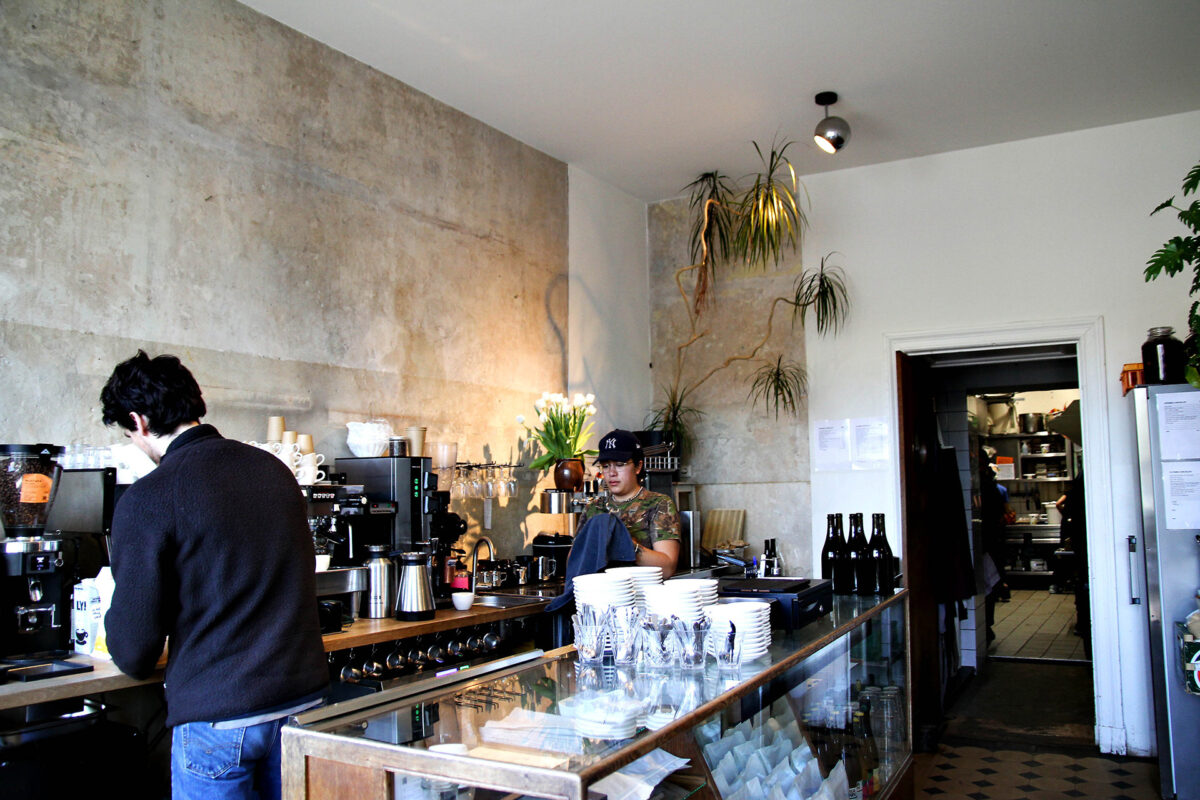
Opened in 2018, the cafe brings a cozy vibe to the neighborhood. Owner Hannes Haake says he wanted to “create an atmosphere as if you were a guest over at someone’s house.” It certainly feels that way. A La Marzocco Classic sits at the entrance but the further you walk inside, it feels like the perfect place to sit and relax for hours.
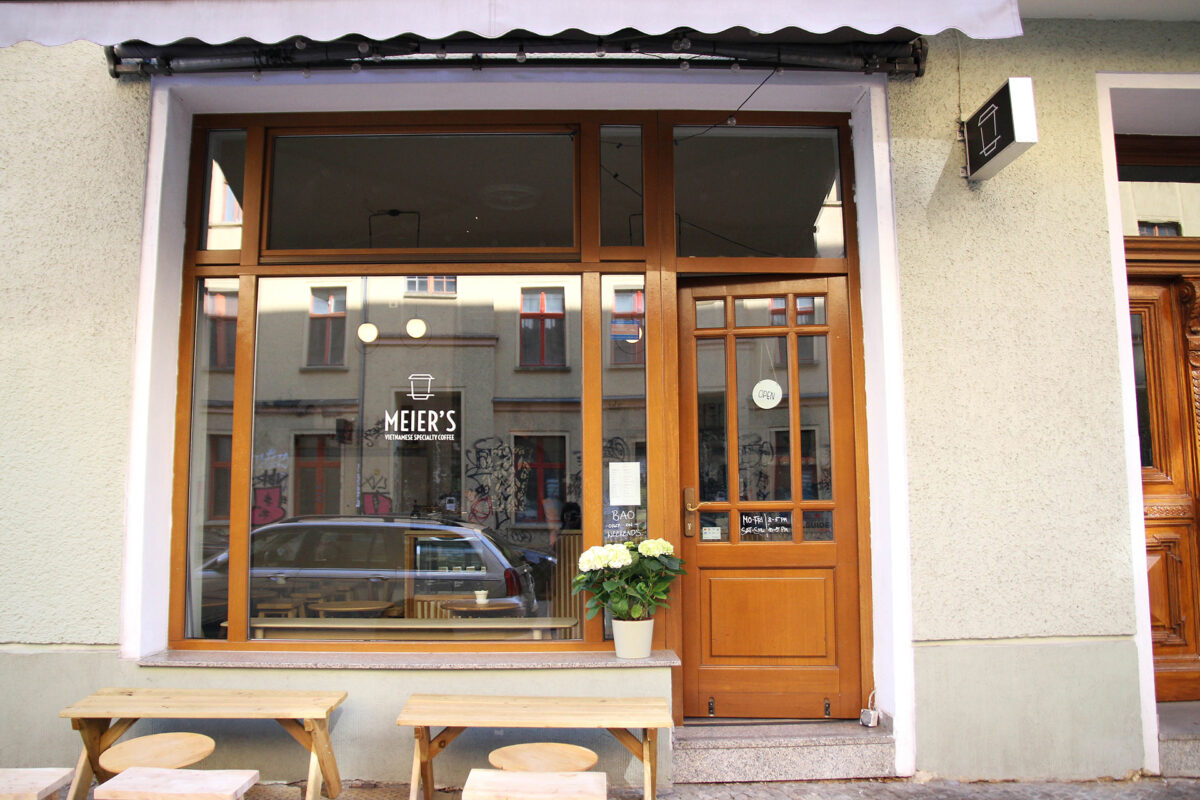
Meiers
Now we head back north to Mitte, Berlin’s center, to explore Meiers. It’s a fairly new Vietnamese-focused cafe (opened in 2021) owned by a Berliner with a Vietnamese background herself.
Berlin has a sizable community of Vietnamese expats. During the DDR, or the Cold War era, Vietnamese immigrants flocked to Berlin when the German Democratic Republic and the Socialist Republic of Vietnam had an agreement to hire foreign workers. Others came before to seek refuge during the Vietnam War in the 1960s. Today, they make up the largest East Asian demographic in the city. Of course now it’s only natural that the coffee culture in Berlin would reflect this in some way.
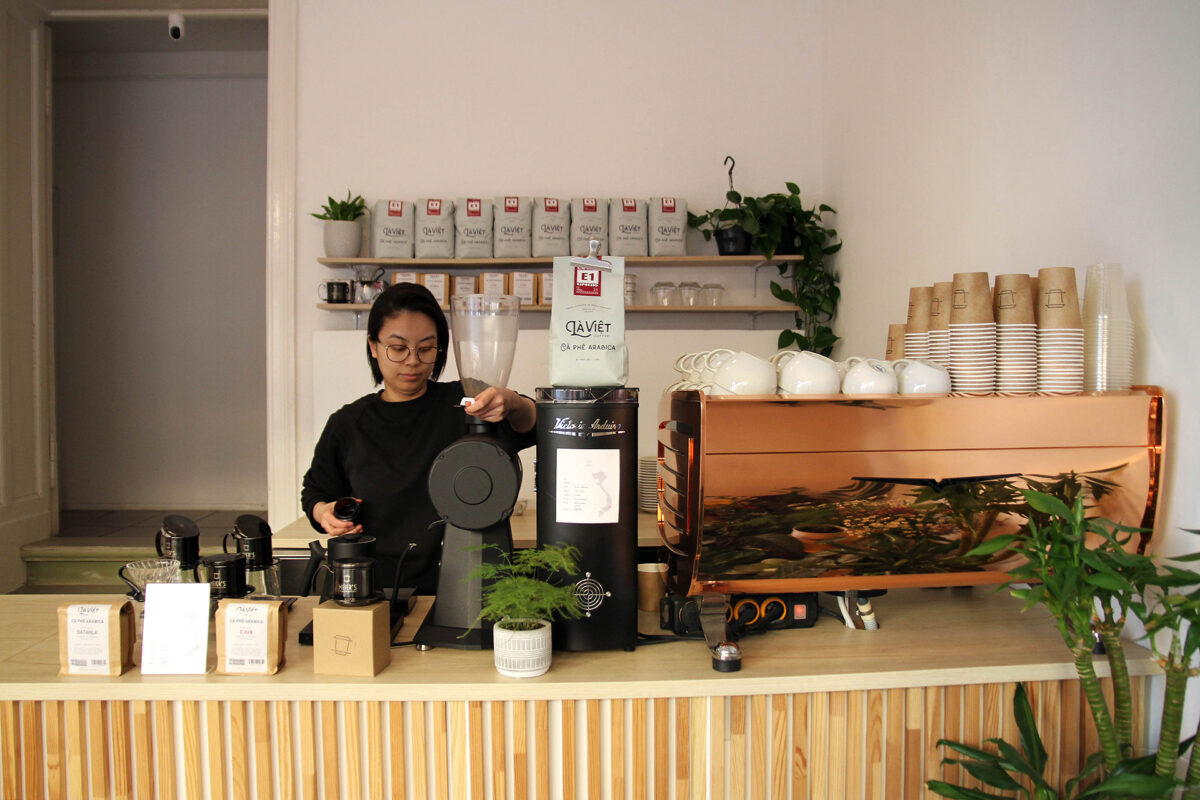
The woman behind Meiers, Frau Ngan Meier, imports beans from Vietnam’s Là Việt roastery and is the only cafe in Berlin to stock them. She says, “the goal of Meier’s Coffee is to make people aware that Vietnam’s coffee culture is special, and that there are not only ‘bad Robusta beans’ but also a growing specialty coffee scene that is trying to improve quality in building Arabica coffee farms and educating people.” The beans are featured in the traditional Vietnamese brewing method cà phê phin, a type of single serve pour-over and the cà phê sữa, which is the version served with condensed milk.
Other classic espresso drinks are also available, made with a beautiful Victoria Arduino Black Eagle. Cafe Meiers is worth visiting if you’re anywhere near Alexanderplatz. Whether you’re looking for a cappuccino or to enjoy some cà phê phin, you’ll be happy to have stopped by this quiet nook in the center of the bustling downtown.
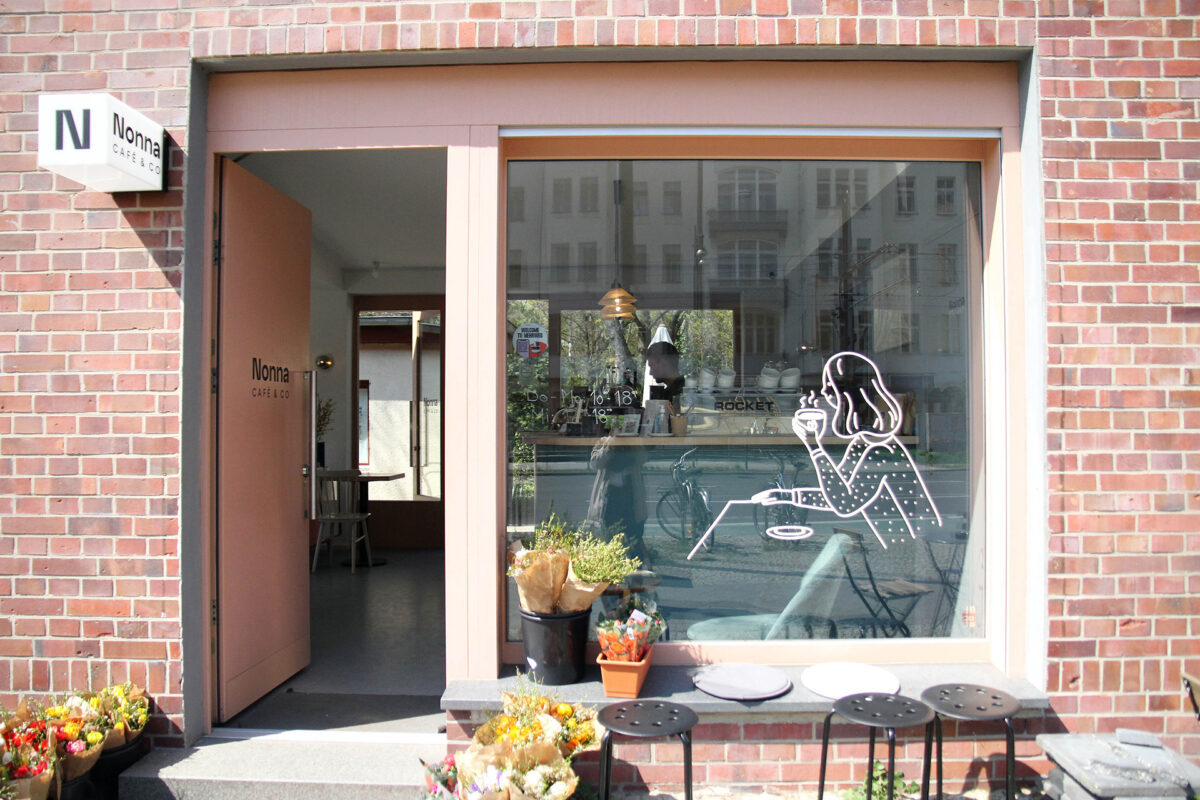
Nonna Café & Co
Last on our list is Nonna Café & Co. This time we’re circling back to Prenzlauer Berg in what is probably one of the most interesting locations on our list—the cafe sits on the border of a cemetery. There’s a bustling main street on one side with a view of Berlin’s famous TV Tower and a quiet, somber cemetery on the other. Outside the cafe, you’ll find beautiful flower bouquets arranged, a reminder that a flower shop once sat in its place. Inside, you’ll find a Czech-influenced cafe that wants to bring a piece of Czechia to Berlin.
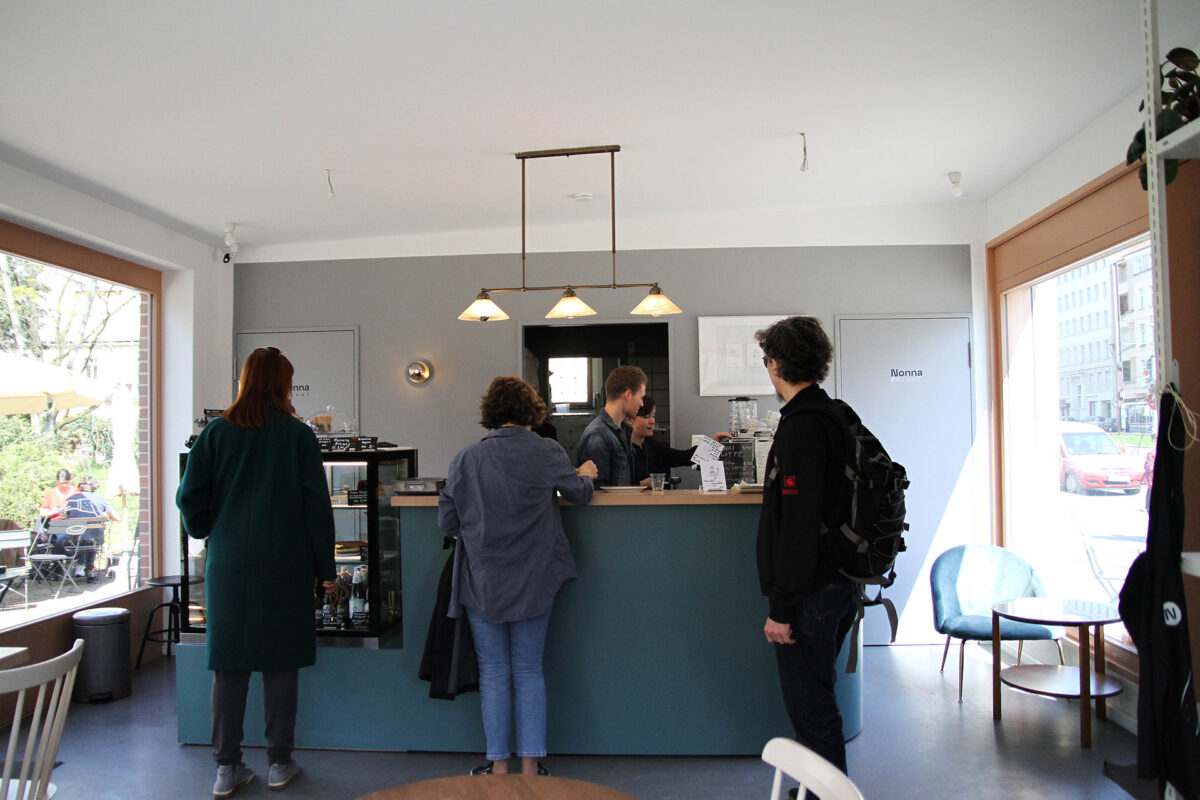
From the homemade rotating daily soups to the rustic bread slices, or Chlebíčky, topped with traditional spreads, to their Bohemian-inspired pastries, everything on the menu is a taste of a Czech grandma’s cooking. Owner Anna Vohlídalová grew up in Prague and brings these traditions alive in Berlin where finding true Bohemian fare is rare. In addition to the kitchen’s menu, there are other imported goods available for take away, like beer, natural wine, or books. Of course most people come in for the coffee which is supplied by local Passenger Coffee and made on a Rocket RE A Timer espresso machine. You can even opt for a Viennese Coffee, an espresso topped with whipped cream and served in a glass. Whatever you choose to try at Nonna, you’ll be in for a treat that’s rare to find anywhere else in Berlin.
Tatiana Ernst (@TatianaErnst) is a contributor based in Berlin. Read more Tatiana Ernst on Sprudge.




